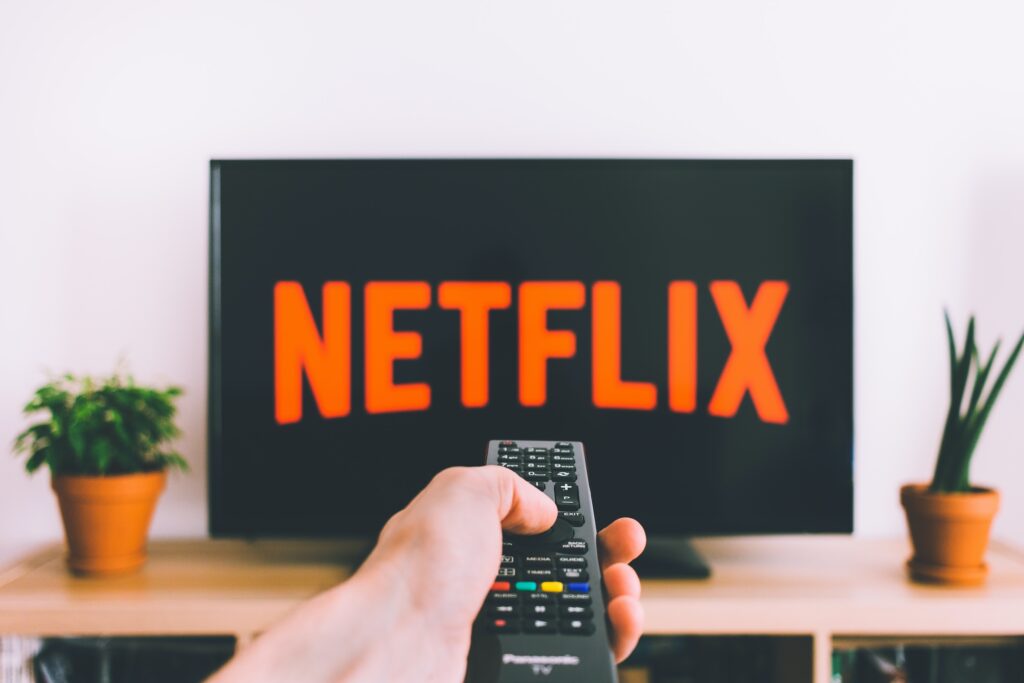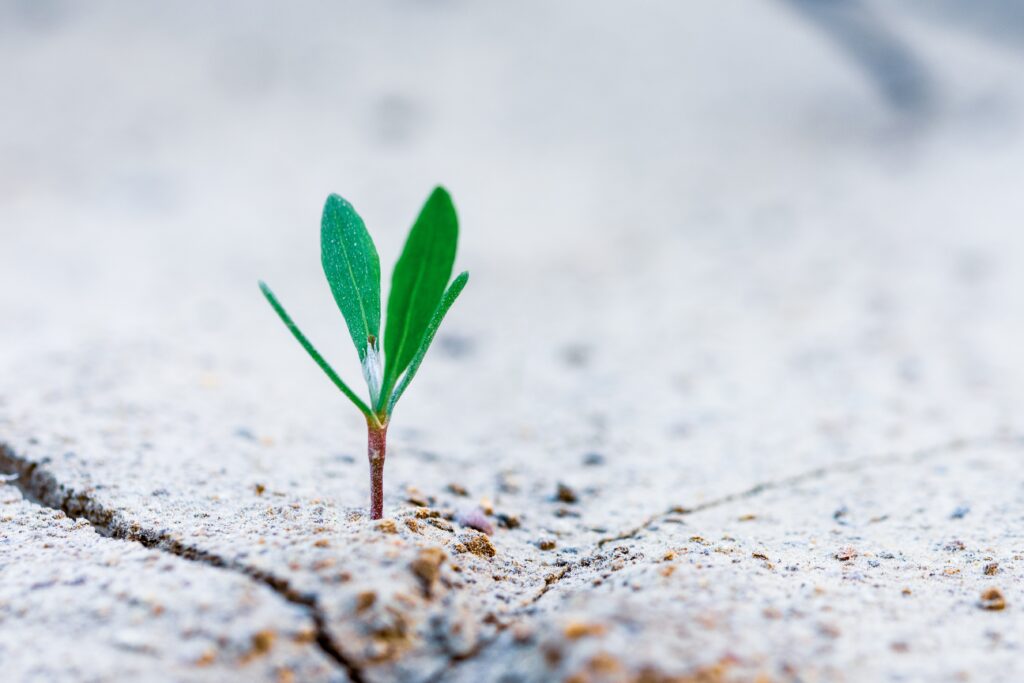
This post is part of a three-part series written in early April, 2020, when the world was ushered into quarantine and physical isolation due to the Covid-19 pandemic.
We get it. You’re in quarantine and you’ve been staring at the same walls and screens for longer than you had ever planned. According to our parents’ warnings, its about now that our eyes will turning into the shape Netflixes as everyday seems to roll into the next.
Here’s the thing. In a way everyone is in the same boat. Everyone is trying to Jedi-mind trick the virus to self-combust so they can get their hit of some sweet takeaways, or to get back to work, or to visit and hug a loved one.
Yet, I tricked you. We are not in the same boat. Essential workers are on the front-line everyday, potentially exposing themselves and their bubbles to the virus and serious illness. If you or a loved one are on the front-line right now – you will know that their experiences are far more complex.
Your experience is as valid and human as the checkout operator at your local supermarket, who is thinking about the hundred or so people they came into contact with on their shift – or my sister inlaw, a doctor coming home from the hospital, nervous about hugging her deliciously cute two year old son, for fear of transmitting something.
Most people are doing it a little tougher than usual.
Sometimes, when we are feeling frustrated, impatient – we aren’t our best selves. We aren’t kind to ourselves or others. For example there have been a few articles over the last few weeks here in NZ covering incidents of people being verbally abused at supermarkets. I know this is worsened by people standing in mammoth queues that make Disneyland queues look like Denny’s queues… at 2pm.

Compassion is the ability to feel the suffering of self or others; and also sense a need to take action to alleviate said suffering. In other words, a) sensing hurt and struggle and b) wanting to take steps to stop or prevent that hurt. There are loads of handy applications for compassion in a time like this.
As for optimism – NO, I don’t mean “thinking happy thoughts”!
Dr Martin Seligman, amongst other feats wrote a book for pessimists like me, called Learned Optimism. Essentially, to practice “learned optimism” you should align your thoughts with the idea that these negative events are not: personal, pervasive or permanent. Good events, we should explain are more personal, pervasive and permanent. So really – mind your self-talk!

Finally, make the most of what many are calling the great pause. The ship is not sinking, it has merely paused – anchored up enroute in the middle of the sea. Some days are sunny and calm – other days the see is rough and it may feel you are getting thrown around a bit. The best news is that someday, the engineers will get the ship moving again.
What you do with your time in this pause, is up to you. Will you learn something, write something, thank someone, appreciate somethings, rest? Breathe?
Breathe.
Respond.